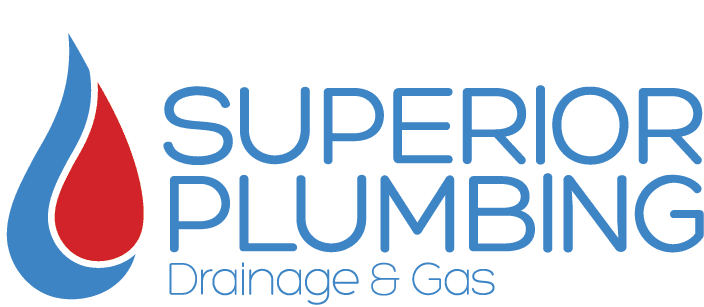Food scraps and particles down the sink is a big no-no. Many home and business owners are starting to understand that. Yet, what about liquid? Any type of liquid down the kitchen sink is fine, right?
It’s this ideology that gets some homes, cafes and restaurants into hot water.
If you’re dealing with lots of fats, oil and grease (FOG) and their disposal on a daily basis – you need a grease trap or grease interceptor.
Want to know more about grease traps and kitchen sinks? Find out what you need to know down below with Superior Plumbing.
Defining grease traps and grease interceptors
Grease traps are no modern invention. In fact, they’ve been used in one way, shape or form for hundreds of years.
However, today, they’re a lot more functionally effective than their historical counterparts.
While the terms ‘grease trap’ and ‘grease interceptor’ are largely used interchangeably, generally smaller mechanisms are grease traps and larger systems are considered grease interceptors.
How do grease traps work?
Grease traps and grease interceptors are plumbing devices that target and trap solids and most greases before they get the chance to go through wastewater disposal systems.
The filtering process sees that only water (and minuscule amounts of oil) enter wastewater facilities.
From here, the water will enter septic tank treatment facilities, undergo further processing to enable reuse in the future.
Choosing a grease trap to suit your needs
There are five comprehensive considerations to make before choosing and installing a grease trap.
What are they?
- Determine the wastewater contents
Fat, grease or oil (or all three?) Does solid food get through sometimes, too?
- Determine the size of the grease trap required
Is your commercial foodservice business small, medium or large scale? Will it be expanding in the future?
- What type of trap are you wishing to be installed?
Free-standing or underground?
- The number of meals made and distributed in a day?
Mainly for commercial premises.
- Hydraulic load
What is the flow rate that is discharged from your kitchen equipment? Choose a grease trap that can handle that hydraulic load to ensure maximum efficiency and longer lifespan.
Unable to answer all, most or some of the above questions?
Talk to your Perth plumber and drainage specialist to organise an assessment of your grease trap requirements.
What should connect to your grease trap?
If you’re in the commercial food service business, having a grease trap (and likely a grease interceptor) installed is crucial.
So, what should you connect to your grease trap?
- All sinks – especially the kitchen sink!
- All garbage disposal units
- All floor drains
To ensure your grease trap serves its purpose and is long-lasting, there’s easy maintenance to follow.
- Reuse cooking oil where possible
- Remove extra food from plates
- Regularly clear and clean your grease trap and grease interceptor.
Superior Plumbing are a Melville Plumber team you can rely on for your commercial and residential plumbing, gas and drainage requirements.
Need a blocked drains plumber in Perth?
In need of grease trap and/or grease interceptor installation?
Contact Superior Plumbing today for superior plumbing and gas services across Fremantle, Melville and the Perth metro area.

